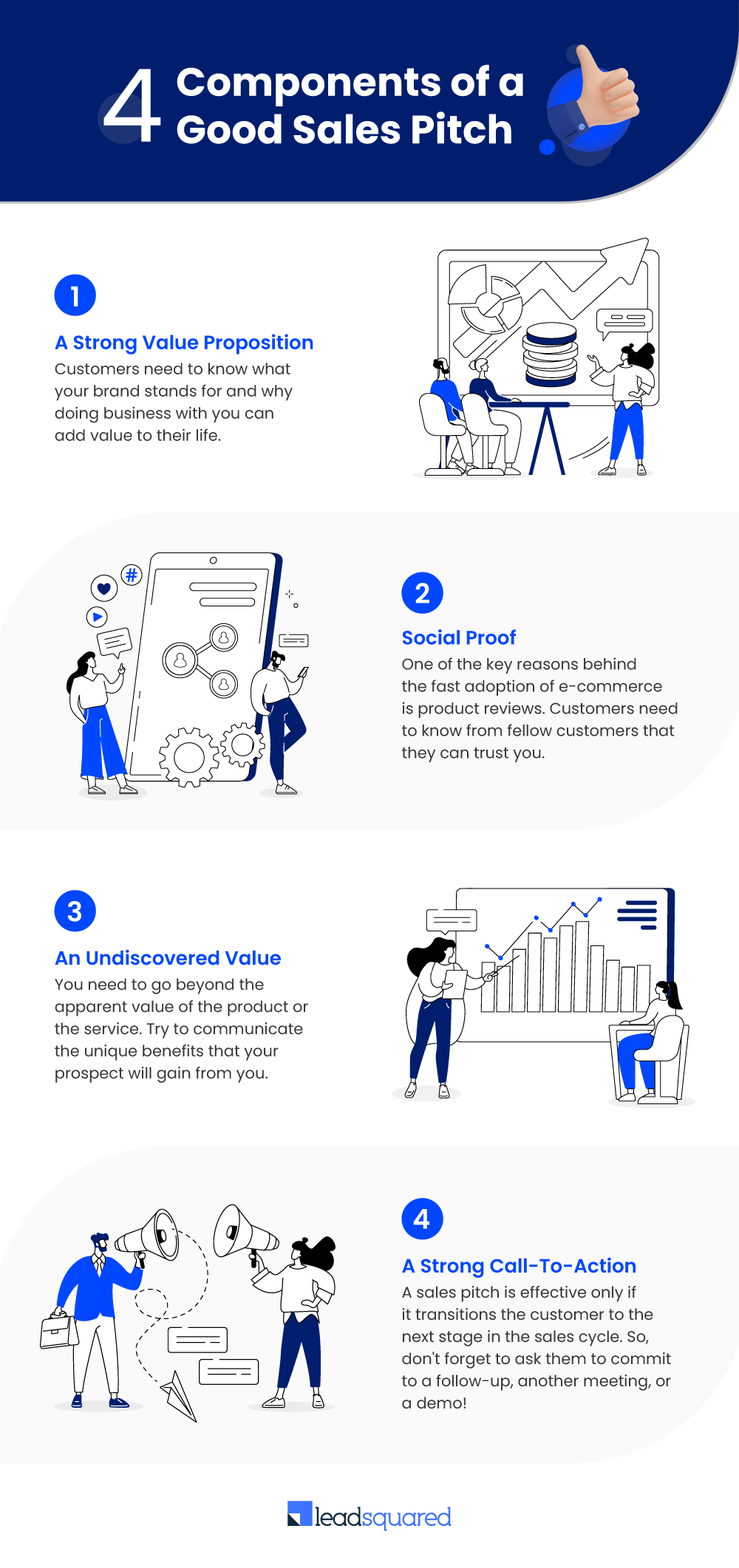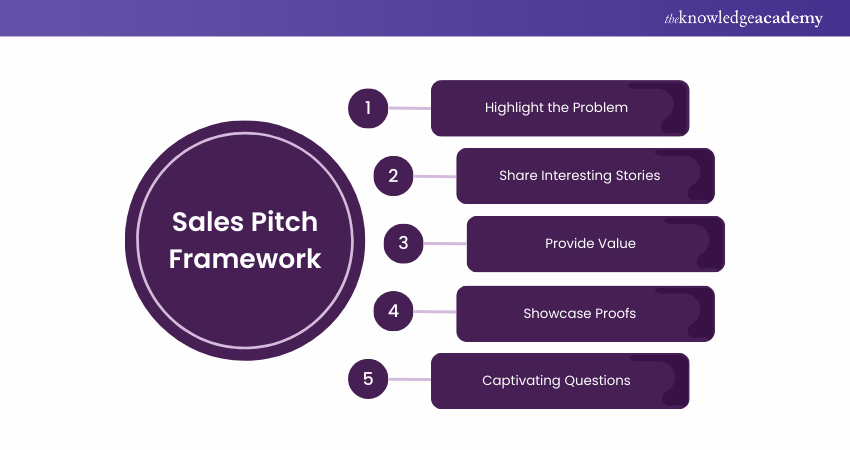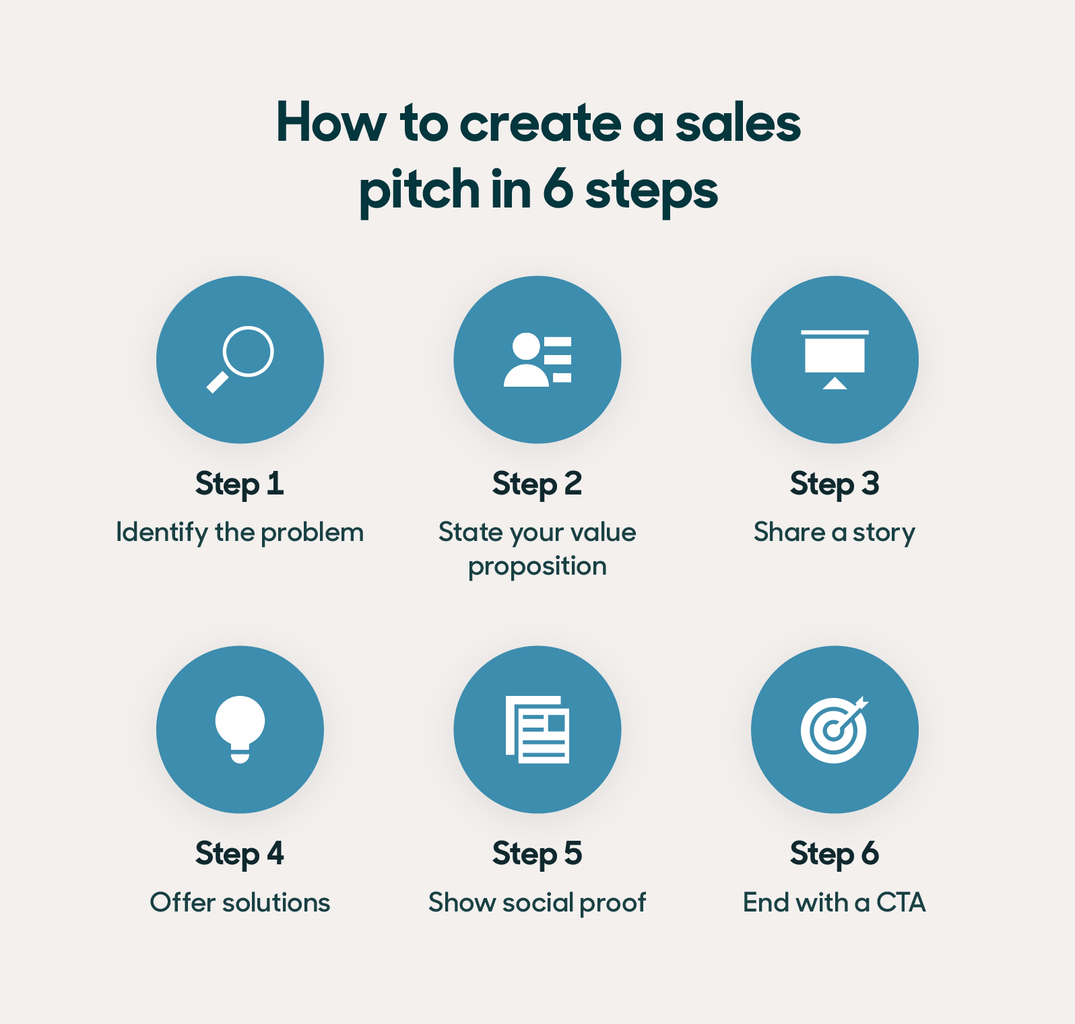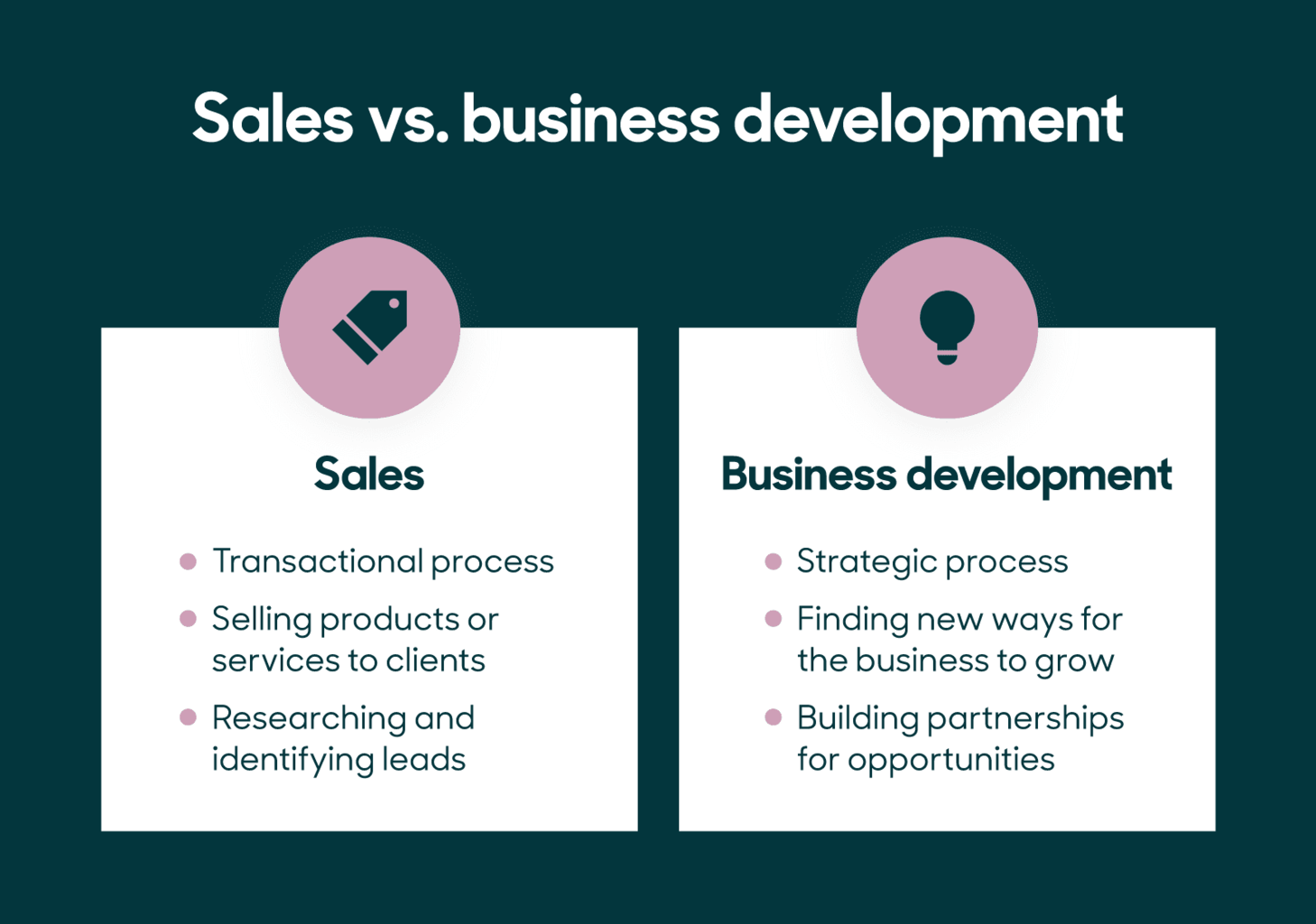What Is The Main Purpose Of Developing A Business Pitch

Businesses are failing to secure crucial funding daily due to poorly articulated pitches. The central purpose of developing a business pitch is to secure investment, partnerships, or customer buy-in by clearly communicating a company's value proposition and potential for success.
A compelling pitch is not just a presentation; it's a strategically crafted narrative that addresses key stakeholder concerns. Investors, potential partners, and even customers need to understand the problem you're solving, your solution, and why you're the best team to execute it.
The Core Objectives of a Winning Pitch
The primary objective is to gain resources. This includes financial capital, strategic alliances, and ultimately, customer adoption. The pitch should definitively answer the question: "Why should I invest my time, money, or resources in this venture?".
Effective pitches clearly articulate the problem being solved. Investors want to see a large, addressable market with a genuine pain point. Vague problem statements fail to resonate and demonstrate a lack of market understanding.
The solution must be presented concisely and convincingly. How does your product or service uniquely address the problem? A clear demonstration of value is paramount.
Beyond the problem and solution, investors scrutinize the team's capabilities. A pitch should highlight the relevant experience and expertise that positions the team for success. Emphasize key skills and leadership qualities.
Market analysis and competitive advantages are critical. Demonstrating a deep understanding of the competitive landscape and how you plan to differentiate is crucial. This section should showcase your unique selling propositions.
A realistic and well-defined financial model is essential for investor confidence. Include key metrics like revenue projections, cost of customer acquisition, and profitability timelines. Avoid overly optimistic or unsubstantiated claims.
Finally, a clear and concise call to action is vital. What do you want the audience to do next? Be specific with your requests, whether it's seed funding, a strategic partnership, or a customer pilot program.
Key Considerations for Crafting Your Pitch
Tailor your pitch to the specific audience. Understand their interests and concerns to make your presentation relevant and engaging. Generic pitches rarely succeed.
Practice your delivery to ensure a confident and persuasive presentation. Visual aids should enhance, not distract, from your message. Rehearse your timing and transitions.
Be prepared to answer tough questions. Anticipate potential objections and formulate well-reasoned responses. Transparency and honesty build trust.
Storytelling is a powerful tool. Weave a narrative that connects with the audience on an emotional level. Make your pitch memorable and impactful.
Keep it concise and focused. Time is valuable, and investors appreciate brevity. Eliminate unnecessary information and prioritize key messages.
"A well-crafted pitch is the gateway to securing the resources needed to transform a vision into reality," says Sarah Chen, a leading venture capitalist at Acme Ventures.
Ongoing development of your pitch is crucial. Market dynamics change, and your pitch needs to evolve to reflect these changes. Regularly review and refine your presentation based on feedback and new data.
Continue to seek feedback from experienced mentors and advisors. Iterate on your pitch based on their insights to strengthen your message and increase your chances of success. The journey of a successful business often begins with a compelling pitch.


















